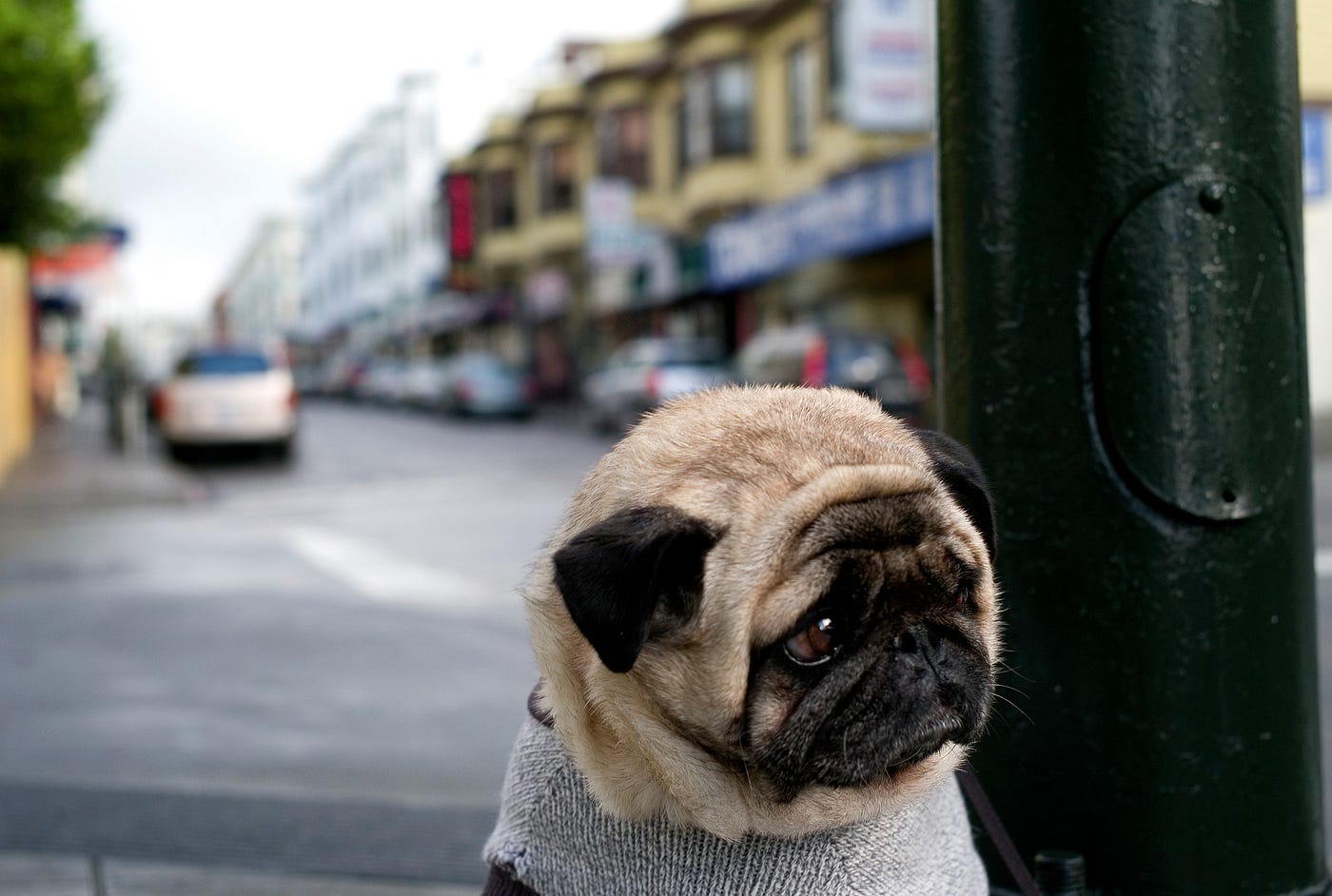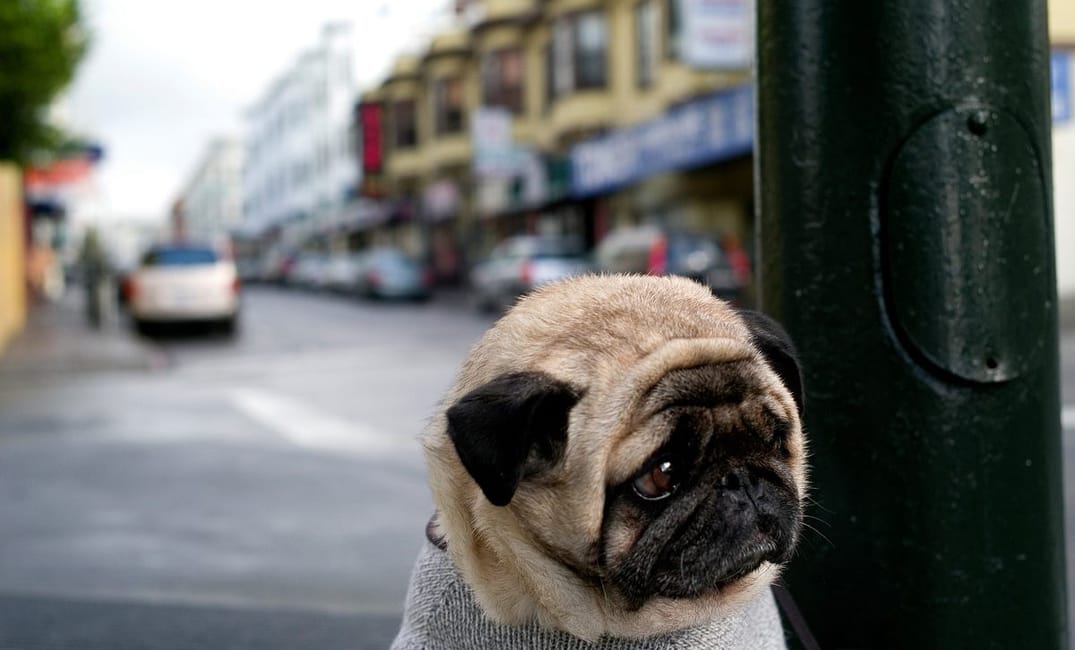
In 1859, a San Franciscan named Joshua Norton decided to rechristen himself king. “At the peremptory request and desire of a large majority of the citizens of these United States, I, Joshua Norton, formerly of Algoa Bay, Cape of Good Hope, and now for the last 9 years and 10 months past of S. F., Cal., declare and proclaim myself Emperor of these U. S.,” he stated in his monarchical decree. He signed his mandate “NORTON I, Emperor.”
Suffice it to say, had Joshua Norton lived in any other city in the United States, he probably would have been ignored (at best) or hauled off to an asylum (at worst). But he didn’t make his decree anywhere else. He made it here in San Francisco. And San Francisco was — and still is — a little different.
Maybe the citizens were desperate for good news: with the economy in shambles, the country on the verge of civil war and the city burning down with remarkable regularity, San Francisco wasn’t exactly a paradise in waiting. But for some reason, the local media, the police and the populace ate up this Emperor Norton nonsense. And his celebrity status blew up.
Emperor Norton kept issuing more decrees and then his own currency; and businesses actually accepted it as legal tender. People reserved box seats at the opera for him (and the dogs that followed him around). Showing great foresight, Norton I decreed it a misdemeanor “to utter the abominable word ‘Frisco,’ which has no linguistic or other warrant.” When his dog, Bummer, died, Mark Twain wrote the dog’s obituary. And in 1880, when Emperor Norton I kicked the bucket after a 21-year reign, 30,000 people showed up to his funeral.
Prior to realizing his destiny as emperor, Norton was pretty much a square. In his previous life, he’d inherited $40,000 (over a million in today’s dollars) and lived a bourgeois life as an investor — something he wasn’t that good at. Upon his arrival in San Francisco, he lost his fortune in a matter of years. Only after that did things get interesting for him.
Emperor Norton did what a lot of people do now: they migrate to San Francisco for a new life where they can be a bit out there, and people will be OK with that. One hundred fifty years later, this is still a place where you can let your freak flag fly. It’s that live-and-let-live spirit that led to the blossoming of the Beats; the same joie de vivre that fertilized the Diggers, the Hippies and the Black Panthers; that esprit de corps that laid down the welcome mat for waves of immigrant communities — Chinese, Italian, Vietnamese and Latin American — then the LGBTQ community, the kink community, the punks and, eventually, us, San Francisco’s modern-day chroniclers.
My story of migration mirrors that of many San Franciscans. Though my family has lived in the Bay Area for six generations — my great-great-grandfather came to San Francisco by covered wagon — I formally moved to SF for the first time in 2006. I had dropped out of college and was drawn to the city for reasons I can’t totally explain. I spent my first month crashing in a friend’s dilapidated Panhandle apartment on a living room couch that, unbeknownst to me, was infested with black mold and gave me a wicked cough. I had to sneak in and out of the apartment, lest the landlord, who lived in the lower unit, bear witness to my illegal tenantry. I cobbled a living together by manufacturing (very low-quality) fake IDs at Kinkos and barista-ing in Nob Hill. I played on a kickball team called Masonic Youth that met in the Panhandle to drink forties together and listen to glam rock on a giant boom box powered by eight D batteries that ran out by the end of each game.
At the time, I didn’t have Wi-Fi or a smartphone or a laptop or money or a good sense of who I was. But I walked around the city a lot and paid attention. And over the years, the city stuck to me. I didn’t really try to get involved or perform some civic duty; things just seemed to happen around me. I used to drink Steel Reserve with Tenderloin sex workers and sit on the stoop listening to their woes; I remember nodding along to slam poetry in Cafe Macondo (R.I.P.) in a pre-laptop epoch; taking OkCupid dates to Kayo Books on Post Street to titter over lurid mid-century smut; spending months trying to unravel the mystery of the Jejune Institute; and biking around the Outer Mission with Homes Not Jails, opening abandoned buildings to the homeless. Hell, I even slept in Golden Gate Park when I was down on my luck.
I never set out to do these things; it was like the city was a TV show, and I was just one character in it. Not even a main one, really — probably like one of the peripheral ones who shows up only for a couple of episodes in the eighth season. Years of bouncing between jobs and places and relationships changed me and remade me, as it did Emperor Norton and Michelle Tea and Alejandro Murguía and Mia Satya and Harvey Milk and probably you, too, if you’re reading this.
I guess what I’m saying is that San Francisco taught me how to read culture. If you stop and look around, there’s a lot happening here, even when the sidewalks are empty and the bars are shut for the night. On a quiet night, you can hear the city breathing.
The Bold Italic calls itself a San Francisco culture magazine, and yet culture is not something that’s easy to pin down. It’s amorphous, which is why we’ll never run out of new stories to tell. There’s always a new angle, a new perspective or a new conversation lurking just at the edge of the fog. And editing a magazine like The Bold Italic is like carving a path through the fog: you can’t see more than a few hundred feet in front of you, but that’s all you need.
When The Bold Italic was revived in 2015, there were rumblings within the San Francisco journalism community about the reborn magazine being somehow “inauthentic” or no longer truly “independent.” This I never understood; for while the old Bold Italic was owned and operated by a publicly traded, multinational media conglomerate with 31,000 employees and over $9 billion in assets, the reborn Bold Italic was a mom-and-pop operation owned by a few people with day jobs. I guess what I’m getting at is this: Isn’t The Bold Italic sorta like Emperor Norton? Born rich, living the first half of its life in comfort, then suddenly going under and disappearing for a spell before being reborn as an impecunious eccentric.
Ironically, Norton gained far more notoriety as a penniless rogue than he ever did as a wealthy heir. Mark Twain, who coined the second part of the title of this piece, wrote a caricature of Norton into The Adventures of Huckleberry Finn, thus immortalizing San Francisco’s most recent and perhaps final sovereign. Those of you who, like me, have not made your fortunes in the tech goldmines should not fret. No one would’ve remembered Norton if he’d just been a normal rich start-up guy.
So I’d like to end where I began, with a ludicrous magisterial decree:
At the peremptory request and desire of a large majority of the citizens of these United Bay Area Counties, I, Keith A. Spencer, declare and proclaim myself Protectorate of San Francisco and Editor in Chief of The Bold Italic.







